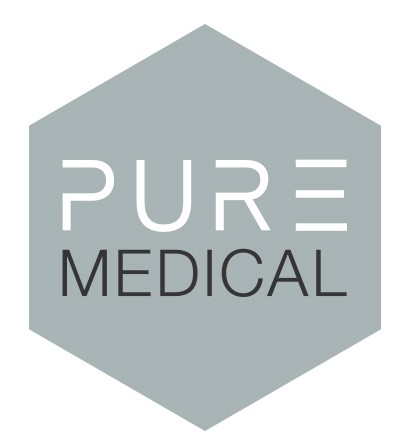COLONAIQ
LIQUID BIOPSY TEST
Early screening of colorectal cancer
The World Health Organisation states that colon cancer is the second leading cause of cancer-related deaths worldwide. In 2020, more than 1.9 million new cases of colorectal cancer and more than 930 000 deaths due to colorectal cancer were estimated to have occurred worldwide.
Early-stage cancers have higher survival rates than advanced-stage cancers. Timely diagnosis, appropriate treatment, and regular follow-up care are important for improving survival rates and quality of life, highlighting the benefits of liquid biopsy tests.
- It predominantly affects older individuals, with the majority of cases occurring in people aged 50 and above.
- Several lifestyle factors contribute to the development of colorectal cancer such as a high intake of processed meats and low intake of fruits and vegetables, sedentary lifestyle, obesity, smoking, and excessive alcohol consumption.
- Colorectal cancer is often diagnosed at advanced stages when treatment options are limited.
-
The incidence and impact of colorectal cancer can be significantly reduced by implementing primary prevention strategies such as adopting a healthy lifestyle, avoiding risk factors, and practising
early detection through screening.
ColonAIQ Liquid Biopsy Test
The ColonAiQ is a multilocus blood test for cancer screening and surveillance, developed for detecting CRC, advanced adenoma (AA), and CRC early recurrence.
It is the first blood-based qPCR test to integrate five CRC methylation markers in one assay and outperform current screening assays and has an overall sensitivity of 86% (149/173) for detecting It colorectal cancer (stage I-IV).
ColonAiQ targets five abnormally hyper methylated regions of four CRC-related genes which provides high accuracy in screening colorectal cancer.
Disease Monitoring
Through the clinical trials for ColonAiQ it was identified that the test can also discover colorectal cancer cases with residual disease both after surgery or following the initial adjuvant treatment.
This highlights that this blood-based qPCR test is also beneficial for disease monitoring.
If you are a healthcare practitioner wanting more technical information about this test, please contact us for more details.

